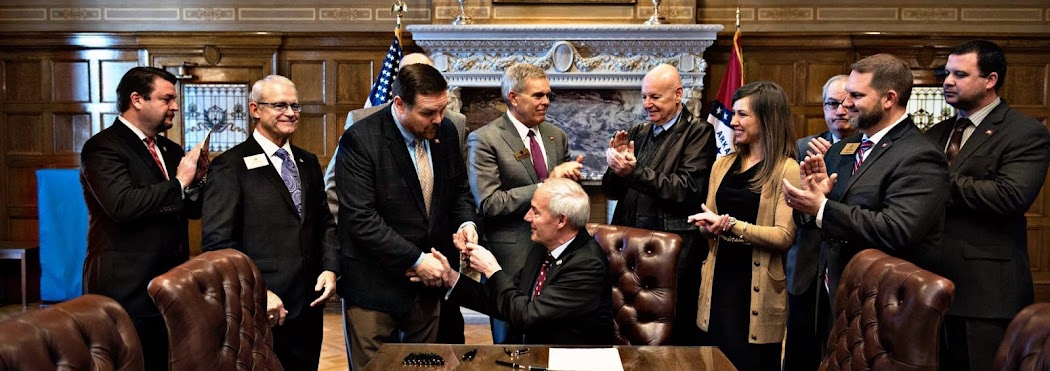Washington D.C., June 22, 2023 - The National Association of Christian Lawmakers (NACL), the first para-legislative organization in the country to pass a national model law protecting life from the moment of conception, proudly commemorates the one-year anniversary of the landmark Supreme Court ruling, Dobbs v. Jackson Women's Health Organization, which overturned Roe v. Wade. This momentous occasion marks a significant milestone in the ongoing battle to protect the lives of the unborn, prompting both celebration and introspection as we acknowledge the millions of lives lost since the legalization of abortion in 1973.
The overturning of Roe v. Wade in the Dobbs decision represents
a resounding victory for advocates of the sanctity of life, reaffirming the
intrinsic value and dignity of every human being. This pivotal decision signals
a critical stride towards establishing a society that upholds the rights and
well-being of the most vulnerable among us.
"The Dobbs ruling provides us with the opportunity to
demonstrate our unwavering determination to uphold life by enacting protective
measures in our laws that safeguard the rights of the unborn," declared
Bob Ballinger, Director of Law and Policy for NACL. He further emphasized the
proactive stance of NACL by stating, "NACL is not letting this opportunity
pass by. In fact, we have already adopted model legislation which protects life
at conception - we hope to see the legislation adopted in several more states
in future legislative sessions."
Joining the celebration in Washington, D.C., Jason Rapert,
the founder and president of NACL, expressed his enthusiasm. "I am excited
to be here with Students for Life to celebrate this milestone and challenge the
nation to abolish abortion in every state across the country," Rapert
declared. He also underlined the organization's commitment to cultivating a
culture that values and defends all life, stating, "We embrace the
opportunity to cultivate a culture that esteems and safeguards life at all
stages, and to reaffirm our commitment to abolishing abortion, which is a
modern-day crime against humanity."
While rejoicing at the overturning of Roe v. Wade, it is
essential to acknowledge the profound sorrow caused by the loss of countless
lives to abortion since its legalization. Each life lost represents a unique
and irreplaceable individual denied the chance to experience the wonders,
challenges, and joys of existence. This heartbreaking reality resonates within
our society, serving as a poignant reminder of the myriad of missed
opportunities for love, growth, and contributions to our world, and motivates
us to continue the fight unlit the right to life is protected for every person –
no matter how small.
The National Association of Christian Lawmakers (NACL)
remains dedicated to uniting federal, state, and local lawmakers in support of
clear biblical principles. Through regular meetings, NACL members engage in
meaningful discussions on crucial issues and propose model statutes,
ordinances, and resolutions rooted in a biblical worldview to address major
policy concerns. Established in 2020, the NACL has already established 33 state
chairs, boasting members and supporters across all 50 states and Puerto Rico.
As the first formal national association of Christian lawmakers in American
history, NACL continues to steadfastly pursue its mission.




